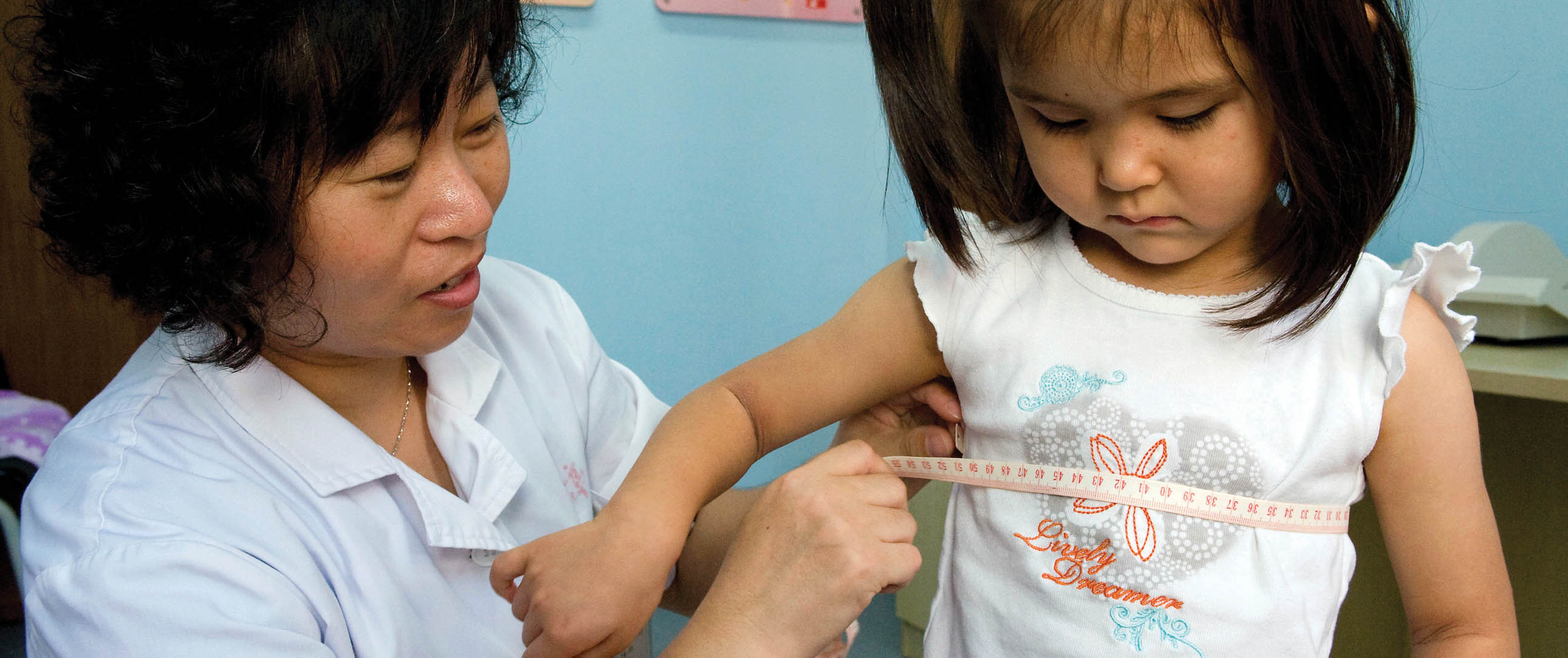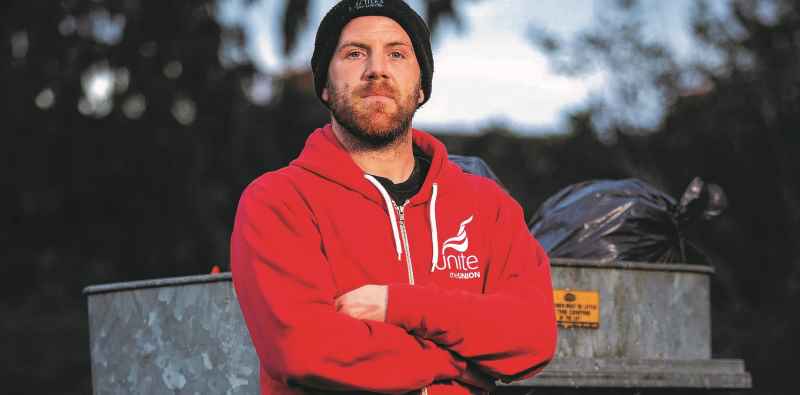Honouring Mary Seacole
Amid the Windrush immigration scandal, it’s never been more important to celebrate our Commonwealth brothers and sisters and their present and historic contributions.
Mary Seacole, a Jamaican-Scottish nurse who tended to soldiers during the Crimean War, is one such figure who is remembered for her bravery and selfless dedication to serving others.
Despite being turned down by the War Office when she first volunteered her services, she wouldn’t let anything stop her – she travelled on her own and helped nurse soldiers wounded in battlefield. She also set up a hotel for sick and recuperating soldiers.
One way Mary Seacole is honoured today is through the Mary Seacole Awards. Each year, the Awards are granted to individual nurses, midwives or health visitors to fund a project that aims to improve the health outcomes of people in BAME communities. Applications are open now and Unite is encouraging all its eligible members to apply.
Let’s talk FGM
Unite member and health visitor at Oxford Health NHS Foundation Trust Joanne McEwan, winner of the Mary Seacole Awards in 2015, used her grant to develop an app, Let’s Talk FGM, to help tackle the practice of Female Genital Mutilation (FGM) in Oxfordshire.
For Joanne, FGM was an issue close to her heart because she lived and worked for over a decade in Egypt, where the practice is common. When she returned to the UK, she wanted to do something to tackle FGM in her local community.
“There’s very little knowledge or training about FGM – and it’s not something that people are initially very open about,” she told UNITElive.
That’s when Joanne had the idea for the app (pictured below) – a resource that health visitors could use to open up a conversation about the practice and educate families and health workers alike.

“All health visitors are given an iPad so it worked well with the equipment we had. It’s a lot more convenient than say, a paper information pack would be. It also helps that it’s something that health visitors and their clients can look at together — it can sometimes be a bit unnerving for clients to make eye contact when discussing something as sensitive as FGM so using the app can make them comfortable enough to open up.”
Initially only available on the iPad and designed to support health visitors and the families they attended to locally in Oxfordshire, a new version of the app will be on multiple platforms and is both national and global in scope.
All the app’s content can now be accessed online — it includes several videos where people talk openly about FGM. In one video, a group of men discuss how the practice has affected their families and communities and the need for them as men to stand up and say no to FGM.
Another video features survivors speaking out about their experience, while another interviews a clinician who walks through an example patient consultation at an FGM clinic. There is also a video of a Muslim cleric dispelling the myth that FGM is a recommended practice in Islam.
Joanne’s app, which has received positive feedback across the UK and even internationally, all started as a small idea and was only made possible by the Mary Seacole Awards.
Leadership training
“It was very humbling to have received the award and I’m very thankful to everyone involved. More than just the financial backing for your project, the award gives you the authenticity and credibility to take it forward,” Joanne noted. “You receive excellent support throughout the entire process and it really increased my confidence — leadership and media training were both invaluable.”
Joanne encourages all those interested to apply — even if they don’t have a fully formed idea.
“Some people might think that doing something like developing an app is beyond their capabilities. But what I did was develop the idea and the content with lots of support which the Mary Seacole Awards facilitates. My advice to prospective applicants is to not feel overwhelmed or intimidated if you don’t know exactly what your project might be or where it will end up — that’s part of the whole process and you’ll get help all along the way.”
Helping those ‘likely to be forgotten’
Joanne believes the focus on BAME communities is an integral aspect of the Mary Seacole Awards.
“All too often grants or projects in health focus on the health outcomes of the population as a whole, which tend to exclude groups who are already marginalised. With the Mary Seacole Awards, we’re empowered to support those who are likely to be forgotten.
“I always say that women, immigrants, and BAME groups — they aren’t separate from our society. They are our brothers and sisters, our families, friends and neighbours. They are part of who we are and as public servants we have a collective responsibility to each and every one of our citizens.”
Unite lead professional officer and Mary Seacole Awards chair Obi Amadi agreed as she paid tribute Seacole.
“It’s important that we continue to honour Mary Seacole in terms of all she did in the Crimea despite the obstacles put in her way and the discrimination she faced,” she said. “Just as she did outstanding work then, these awards now support nurses, midwives and health visitors to do important healthcare activity projects that benefit and improve health outcomes for BAME communities.”
Find out more about how to apply for the Mary Seacole Awards here – the deadline to apply is May 5.
 Like
Like Follow
Follow


